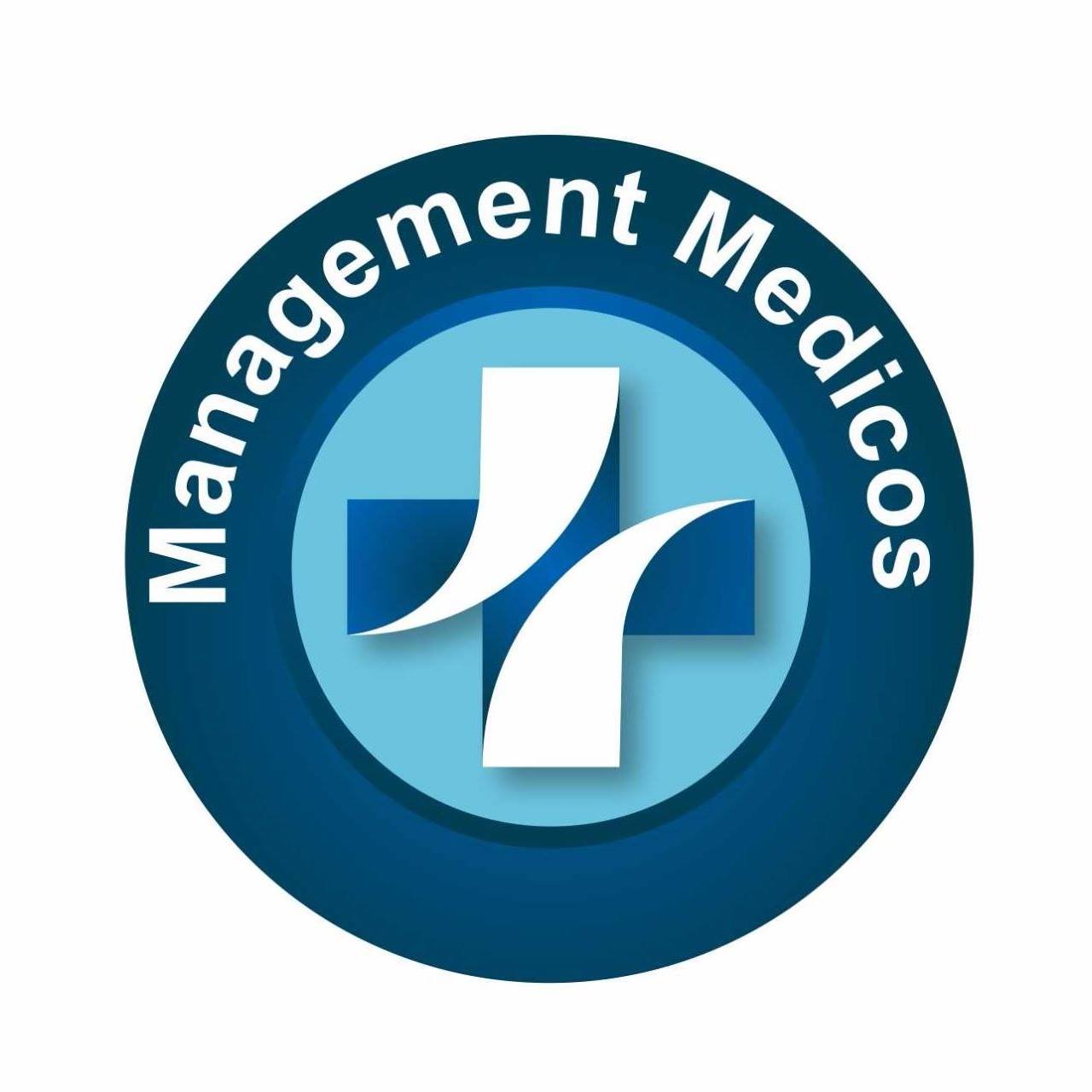OUR MISSION
ADOPTION OF VILLAGES:
To adopt villages and provide healthcare treatment and educate villagers on prevention of sickness and create awareness specially regarding prevention of illness, through the use of technology mainly tele-medicine, internet technology and use of modern gadgets. Make the village self–sufficient and economically sustaining with each house in the village having sufficient income.
HEALTH CARE:
To reach medical help to the needy at their doorstep by fully equipped telemedicine mobile vans for medical care, treatment and diagnosis. To provide wide range of preventive and curative health services to rural and remote areas by the use of modern technology and use of TELE-MEDICINE. To provide education to the villagers regarding cleanliness, to prevent diseases and health hazards.
Our Health care includes Medical camps as under, regularly conducted in various villages we have adopted.
• DIAGNOSTIC HEALTH CHECK UP & FREE MEDICINE DISTRIBUTION CAMP.
• EYE CAMPS with free distribution of eye drops & spectacles. Facilitating free cataract operation.
• ENT CAMPS & BLOOD PRESSURE CAMPS.
JHUTE PAHAN KAR SCHOOL CHALE HUM -program for young school children studing in the village schools. In continuation of our Mission to create health and hygienic awareness in villages, we distributed shoes and socks free of cost to students of Std 1st to 5th (boys and girls) in the various villages. We have distributed more than 1000 pairs of shoes & socks in one year.EDUCATION: AWARENESS CAMPS
WOMEN HEALTH AWARENESS CAMPS. Educate the villagers on prevention of sickness and on cleanliness. Promotion of menstrual hygiene by educating women in the village on g hygiene products like sanitary napkins. We provide free sanitary napkins and iron tablets to the village women
Our objective is to prevent sickness by educating the villagers to live a healthy life with clean environment. We have awareness programs in the villages and specially in village schools to educate them on prevention of illness & health care.. The basic nature of rural health problems is attributed also to lack of health literature and health consciousness, poor maternal and child health services and occupational hazards. Education on health can help prevent diseases and health hazards
ECONOMIC –LIVELIHOOD:
TO CREATE OPPORTUNITIES IN THE VILLAGES FOR THE YOUTH & WOMEN:
Encouragement is given to the farmers as well as women to have small business activities to supplement their income. This will reduce the village youths from migrating to and nearby towns for higher education and employment n
Teaching tailoring, handicraft, and to provide training to start small business earning and have extra income to help sustain the family livelihood. The products produced by the villagers can be given to the donors or sold in the market . The sewing machines will be given to the students once they complete the course, so that they can earn using it.
ENVIRONMENT:
Keeping the village clean and neat is the basic requirement for healthy living. We teach the women and children how to keep surroundings clean. We facilitate construct of proper toilets . We Explain to the villagers to keep the surroundings clean to prevent sickness. We also distribute dustbins, brooms, bamboo brooms, garbage bags to Gram Panchayats to keep village clean. A small contribute, towards Swchhata abhiyan
We also have tree plantation programs in villages and the village schools to encourage environment activities.
DRINKING-WATER
Water wending machine- AUTOMATIC TELLER WATER MACHINE (ATW) The main purpose is to see that sickness and diseases are prevented. Safe drinking water is an important aspect in remote village life. Hence each village will have safe and pure drinking water.We will provide them with RO treated water. Each family will be given 20 liters of drinking water per day by the use of a card. Swipe the card and get RO treated drinking water.
OUR VISION
Our vision is to adopt rural villages which are lacking in basic infrastructure and other much required amenities like healthcare facilities, education, proper sanitation and good drinking water.
HOW WE BEGAN
India has only around 23000 primary healthcare centers in rural areas, despite there being more than 600,000 villages in the country. A study stated that at present, 31% of the population has to travel more than 30 kilometers in order to access health care. —Providing healthcare to India's over one billion population of which about 75 percent live in villages, is a formidable task. About 75 percent of the doctors practice in urban areas and 23 percent in semi-urban areas. This leaves just 2 percent of the qualified doctors, who are attached to about 23,000 primary health and 3000 community health centers, to attend to 70 percent of the population living in villages.
With a view to provide the essential amenities to the remote village, the idea of “HERVA foundation” (a registered non-profit making organisation) was incubated. With the use of modern technology and modern gadgets, we aim to reduce the distance between villages and cities and to provide a complete solution for remote villages.
OUR TEAM
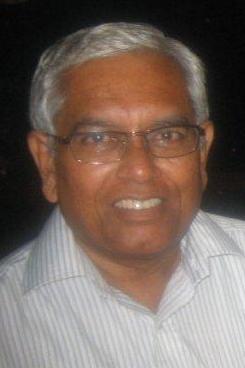
Subramaniam R Puthucode
Founder Trustee
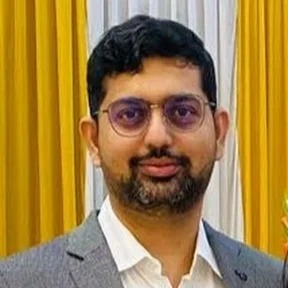
VAISHAL DAVE
TRUSTEE
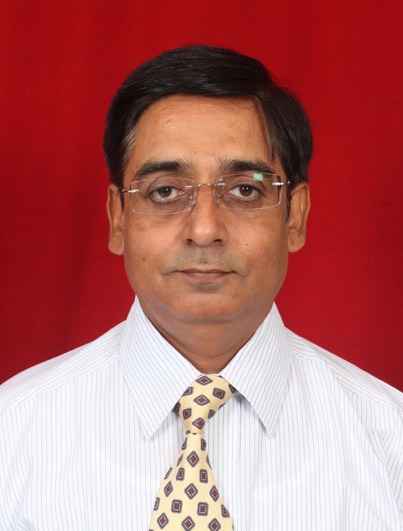
ASHOK PATEL
TRUSTEE
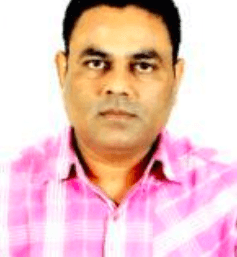
Devendra K Patel
Trustee
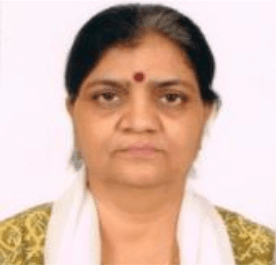
Mrs. Neela Dave
Trustee
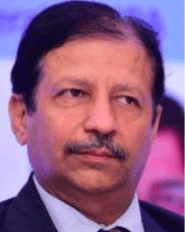
Devidas Bhanushali
Trustee
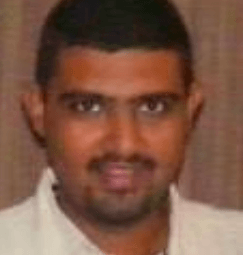
Kunal Mehta
Trustee
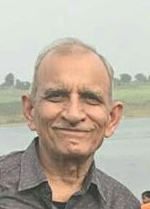
VINOD THAKKAR
CHIEF OFFCIER
CERTIFICATES
-
Registration Certificate
-
12A Certificate
-
80G Certificate




